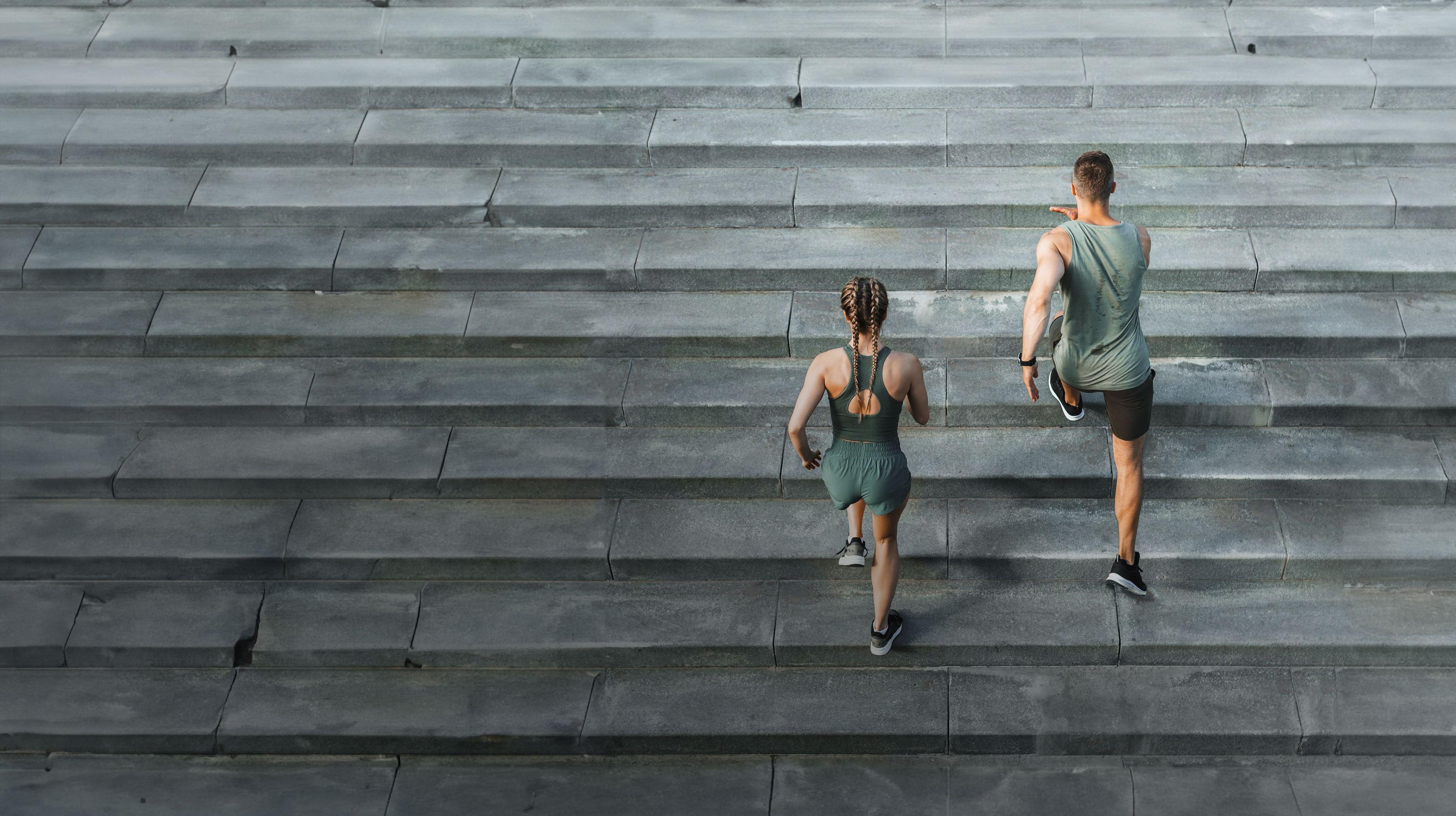
Just you, a deep breath, fins and the fathoms
She joined MakoLab at the beginning of January this year, strengthening the ranks of Mateusz Niewiadomski’s UX/UI team while working remotely from the city of Poznań in western Poland. After work, she likes to hold her breath and set her mind and spirit free…
At Insights, we were intrigued enough about her hobby to talk to her about it. If you want to assuage your curiosity about what it is and what it entails, our conversation with Katarzyna Bobrowska, UX designer is a must-read!
In the introductory note you wrote for our in-house newsletter, you mentioned that training in freediving is how you spend your spare time. Would you tell us something about it?
The number one rule of freediving is never do it without a dive partner. Recreational freediving is fun and it’s a sport that enables you to develop physically, mentally and emotionally. As a leisure activity, it serves purely to provide pleasure from diving. Diving in a swimming pool is a great way to recharge your mental batteries when your mind is weary of life in the big city. Diving in the sea is a completely different process that lets you find harmony with nature, an inner calm and utter freedom of movement in the space you’re in. Diving that relies on holding your breath can be a challenge, a way of breaking personal barriers or a meditation, a journey deep into yourself. Just you, a deep breath, fins and the fathoms.
Where did you get the idea to try out what’s now become a passion?
It began with classic scuba diving. While I was in Thailand, I did the Scuba Schools International [SSI] Open Water certificate. At the same time, I started to get interested in freediving. Then, when I went back to Thailand, I did the SSI Advanced Open Water Certificate and I also discovered that there was a freediving school on one of the islands I was heading to. I wanted to give it a go in open water. I’m intensely involved in protecting marine nature. We so often forget that there, under the water, is a whole other world. An extraordinary world that we still haven’t explored.
What is it about the sport that’s captivated you the most?
I’ve had to go beyond my comfort zone. I was going through a stressful period in my life when I took up freediving and it helped me find calmness. It’s an extreme sport. The most important is being aware that you’re part of nature and that not only do you gain nothing but good from living in harmony with it, but you also find out more about yourself. Freediving is often described as taking a plunge on one breath and, in practice, that’s what it is… but preparing to take that plunge means mastering the correct breathing techniques and technical skills.
Who would you recommend it to?
I think it’s worth trying all sorts of things. First and foremost, you need to find a place where you can try freediving out safely, like Deepspot in Warsaw, for instance. Unlike scuba diving, freediving demands a change of lifestyle! Food, sleep and alcohol all affect your comfort when you dive.
Finally, although we do understand that they’re not the most important thing, won’t you tell us about your records?!
My timed breath-holding endurance, which is known as static apnea, or STA, in a swimming pool is three minutes fifty-six seconds. In open water, I’ve achieved a depth of twelve metres.

When we think about how, if no oxygen reaches the brain for four minutes, it can lead to irreversible cellular changes and even to death… then we are impressed beyond words! At the same time, we’re feeling amazingly inspired by the possibilities offered by freediving. Calmness, yoga and meditation combined with a risk comparable to extreme alpine mountaineering… If that doesn’t sound like a recipe for a brilliant adventure and a profound journey deep into oneself, then here at Insights, we don’t know what does!

Kamila Braszak
Employer Branding Specialist




